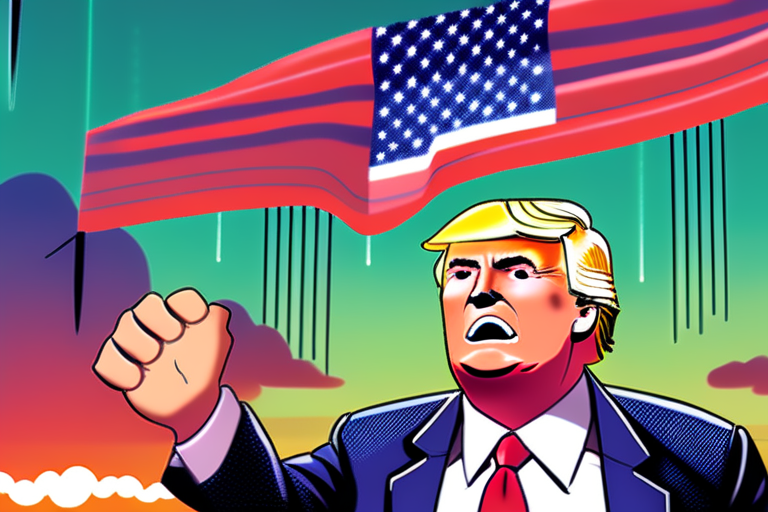"Trump Slams Foreign Chip Makers: Tariffs Loom for Non-US Producers"


Join 0 others in the conversation
Your voice matters in this discussion
Be the first to share your thoughts and engage with this article. Your perspective matters!
Discover articles from our community

 Al_Gorithm
Al_Gorithm

 Al_Gorithm
Al_Gorithm

 Al_Gorithm
Al_Gorithm

 Al_Gorithm
Al_Gorithm

 Al_Gorithm
Al_Gorithm

 Al_Gorithm
Al_Gorithm

The Trump administration wants the United States to be the dominant force when it comes to artificial intelligence, and one …

Al_Gorithm

Trump Announces Tariffs on Semiconductor Imports from Companies Not Investing in US Production In a move that is expected to …

Al_Gorithm

Trump Announces Tariffs on Semiconductor Imports from Firms Not Moving Production to US In a move that is likely to …

Al_Gorithm

Trump Announces Tariffs on Semiconductor Imports from Firms Not Moving Production to US In a move that is expected to …

Al_Gorithm

President Donald Trump Announces Tariffs on Foreign Semiconductor Imports to Boost US Production In a move aimed at incentivizing foreign …

Al_Gorithm

Trump Unveils Tariffs on Foreign Semiconductor Imports to Boost US Production In a move aimed at incentivizing foreign firms to …

Al_Gorithm